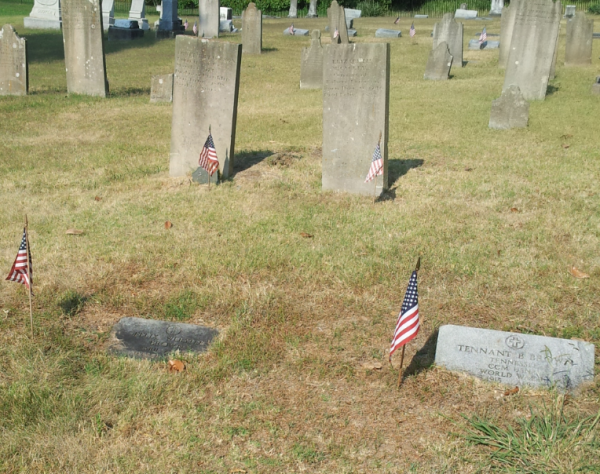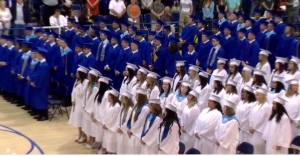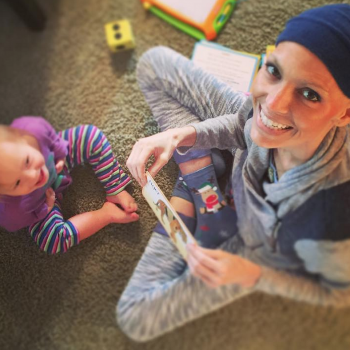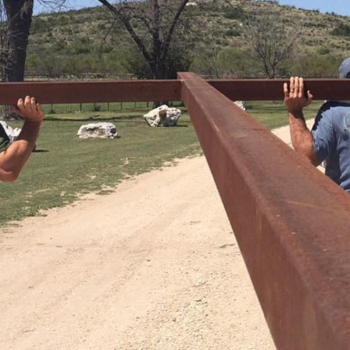“A soldier of the Continental Line.”
The statement, barely legible on an ancient gravestone, was one like dozens of others in our church’s 207-year-old graveyard.

“A soldier of the Revolutionary War.”
“United States Navy, World War II.”
“A soldier of the Korean War.”
It was 7:00 a.m. on June 30, and my two oldest kids and I were placing flags on veterans’ graves before our church’s annual “faith and freedom” service. As we passed by the graves, I tried to give short history lessons.
“Members of the ‘Continental Line’ weren’t militia. They were some of the first units of the regular army, and they stood toe to toe with the British army.”
“The Korean War was one of the most brutal in our nation’s history, and if you go now to Korea you can see with your own eyes what we won. You can see with your own eyes the difference between freedom and tyranny.”
“Francis Scott Key wrote our national anthem during the war of 1812. Are you familiar with all the verses? When you see the whole song you see the faith that was common to our founding generation.”
It’s become fashionable in recent years to deny that America is an exceptional nation and to embrace the mindless relativism of postmodernism. Yet our history tells a different story, and while we are far from perfect (what collection of people ever is?), one has to be intentionally obtuse to miss the dramatic ways God has blessed this nation and has used this nation to bless countless others.
Throughout scripture we see that nations have their own destinies and are defined by the character of their people. For Christians living in what is still – despite our recession and despite our divisions – the most prosperous and powerful nation in the history of the world, the Fourth of July presents an ideal time for thanksgiving, for reflection, and for resolve.
Give thanks. Give thanks for God’s unmerited grace. Give thanks for the sacrifice and character of generations before you. Give thanks for the gift of a nation so prosperous that even our poor citizens have more and live better than billions of the truly poor around the globe. A friend who has labored for years to confront the AIDS epidemic in Africa is fond of reminding me that an American birth is like beginning life with a winning lottery ticket. After my own time abroad, I’ve learned how right he is.
Reflect about your responsibility. To whom much is given, much is expected. What are we doing with the gifts we’ve been given? Americans have done great things – liberating hundreds of millions from the darkest of tyrannies, creating and fostering a system of individual liberty that has empowered human flourishing, and giving more of our wealth to the world’s poor and distressed than any other nation.
Yet our sins are still grievous. We permit doctors to kill unborn children on their mother’s whim. We are more generous than most but still too often held hostage to our own greed. And we’re sacrificing our virtues for our appetites as the sexual revolution consumes our families and destroys our cultural foundations.
Reflection should lead to resolve. “If my people, who are called by my name, will humble themselves and pray and seek my face and turn from their wicked ways, then I will hear from heaven and will forgive their sin and will heal their land.” That’s the biblical blueprint for reform – simple to repeat but ever more difficult for our worldly church to execute. Even the first step, humility, is too much for most of us.
I find my humility in places like Zion Presbyterian Church’s graveyard, placing flags on centuries-old gravestones. That helps me remember – remember how small I am, how great God is, and how little I’ve done to earn the life I live.
Thank you, God, for this land, for this nation, and may we never squander your gracious gifts.










